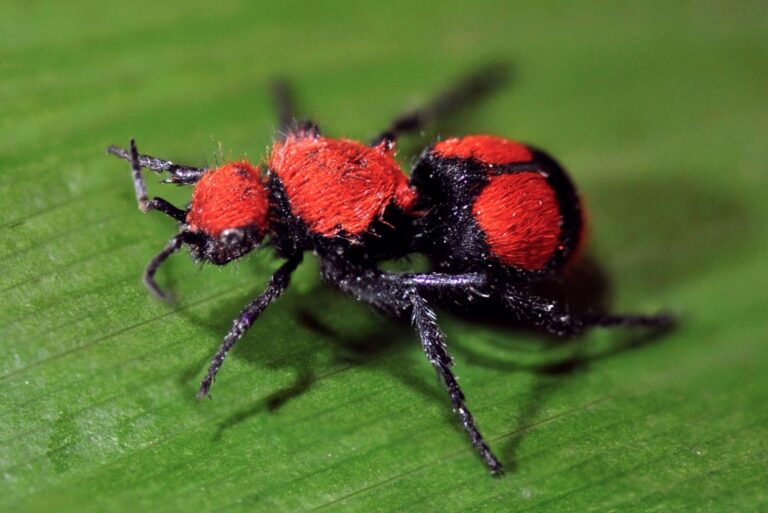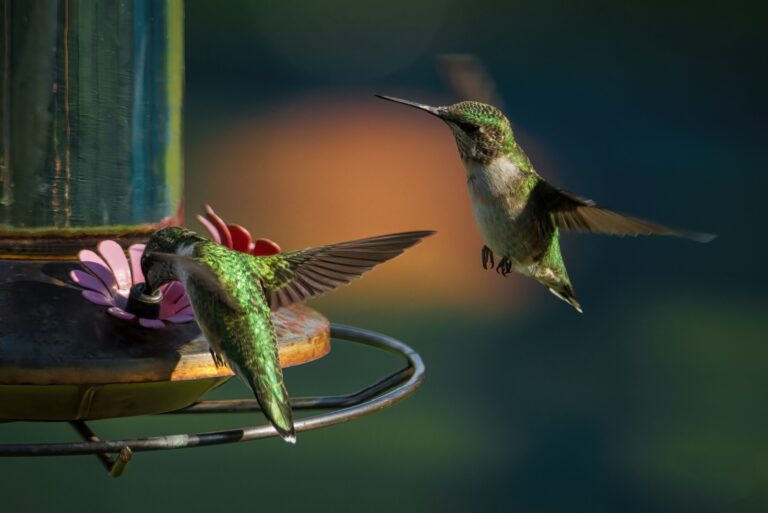25 Houseplants You Should Never Water With Tap Water
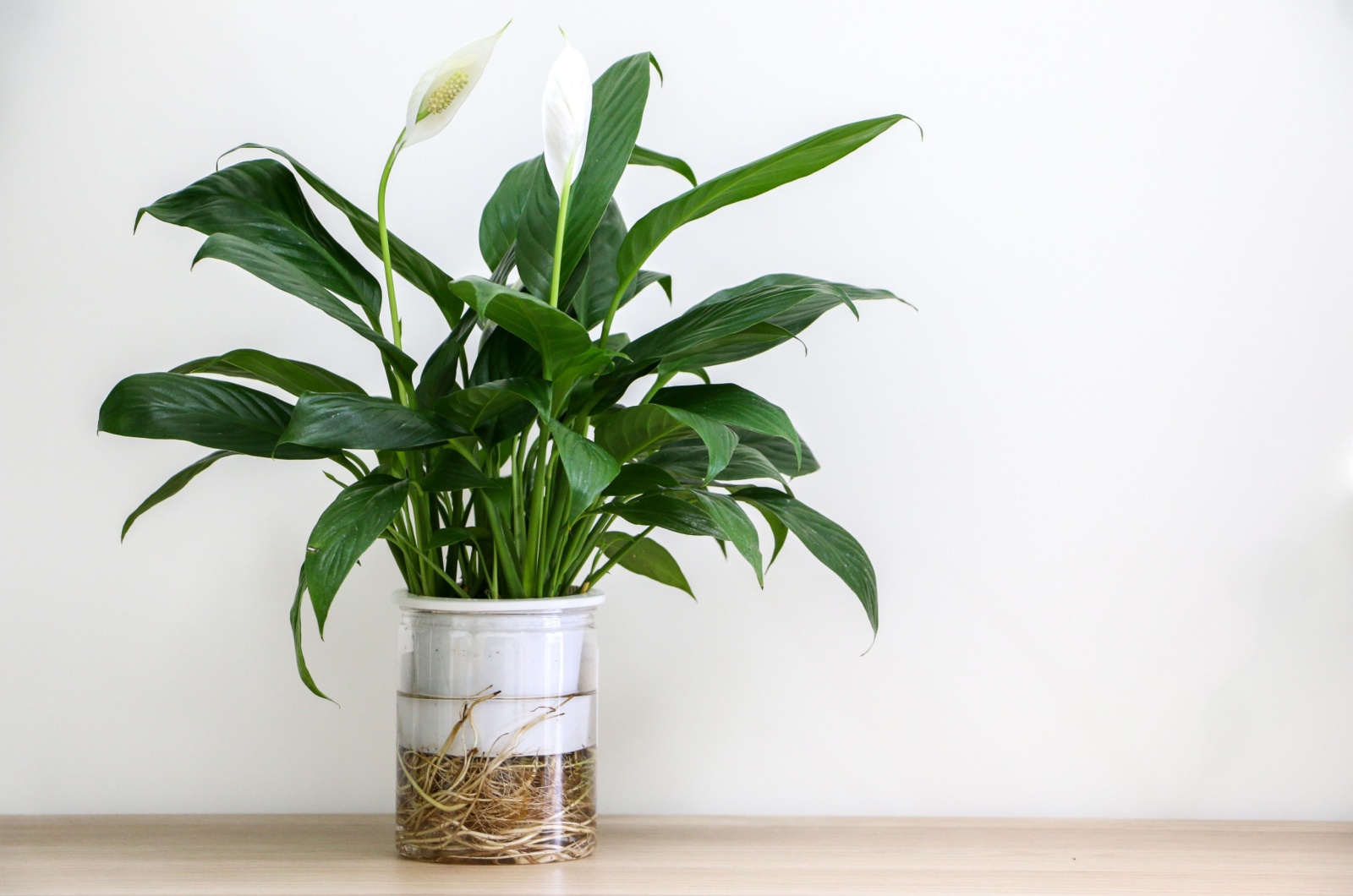
Welcome to the whimsical world of houseplants, where each leafy companion has its own quirky preferences. Watering these green pals is no simple task, especially when it comes to the great tap versus filtered water debate.
Let me share a tale from my own plant-parenting adventures. I once gave my beloved Peace Lily a generous drink from the tap, only to find it later drooping dramatically, as if auditioning for a plant soap opera.
The truth is, many houseplants are sensitive to the chemicals in tap water, and they deserve the premium stuff! So, join me as we explore 25 houseplants that will thrive when you ditch the tap water.
1. Peace Lily
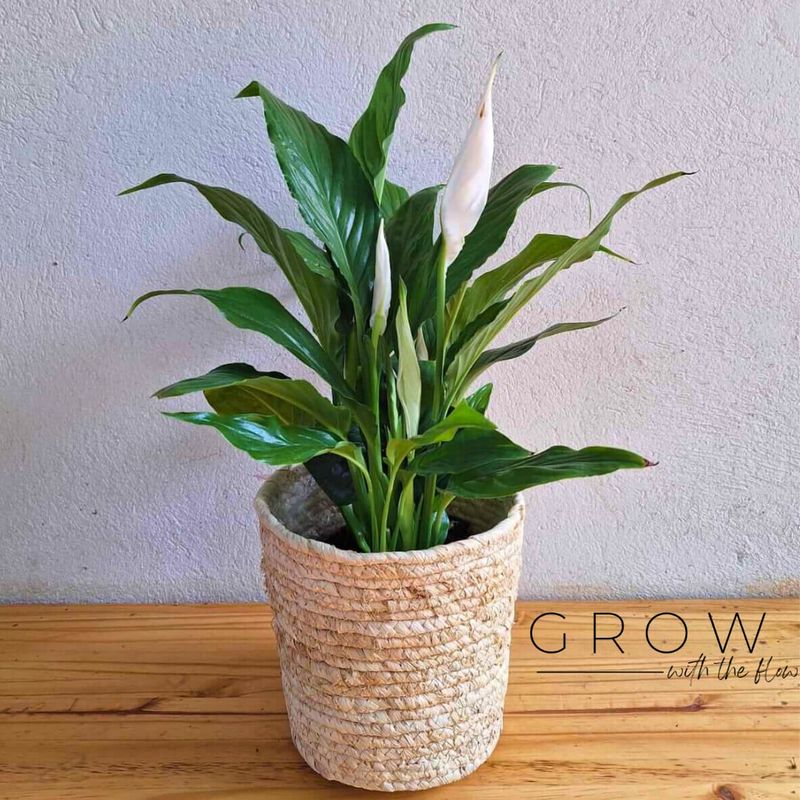
The Peace Lily, with its elegant white blooms and glossy leaves, is a popular choice for indoor gardeners. However, these beauties dislike the chlorine and fluoride in tap water.
Over time, these chemicals can cause leaf tip browning and general plant unhappiness. Instead, opt for distilled or rainwater to quench their thirst. Peace Lilies thrive in humid environments, so misting them occasionally will also keep them content.
With the right care, they’ll reward you with cleaner air and a serene atmosphere, turning any room into a peaceful retreat.
2. Spider Plant
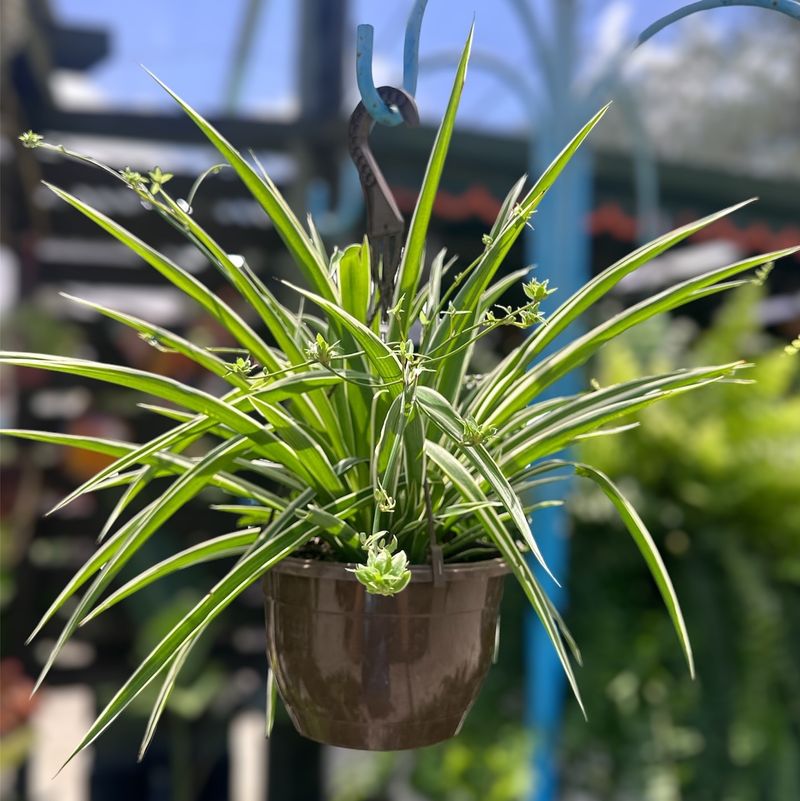
Spider Plants, known for their arching white-striped leaves, are a favorite among beginners. Yet, they can be quite picky when it comes to their water source.
Tap water often contains mineral deposits that can lead to leaf browning. For a happier Spider Plant, use distilled water instead.
These plants also enjoy indirect sunlight and occasional watering, making them relatively low-maintenance. When treated right, they’ll generously produce ‘spiderettes’ that you can propagate and share with friends.
3. Boston Fern
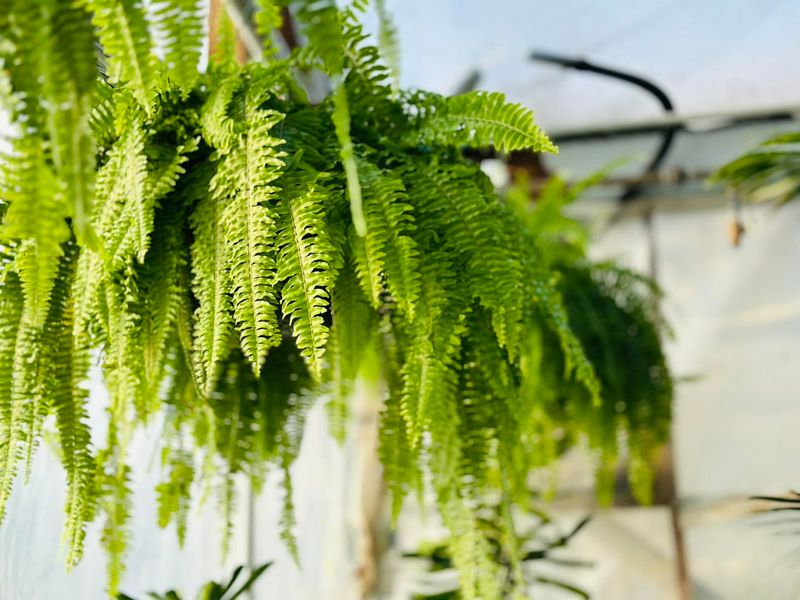
Boston Ferns, with their feathery, arching fronds, add a touch of elegance to any home. However, tap water can be their nemesis due to the salt and chemical content.
These ferns prefer distilled water to maintain their lush green appearance.
They’re also fans of high humidity, so regular misting can help them thrive. Keep them in a bright, indirect light location and watch as they flourish, creating a verdant indoor oasis.
4. Calathea
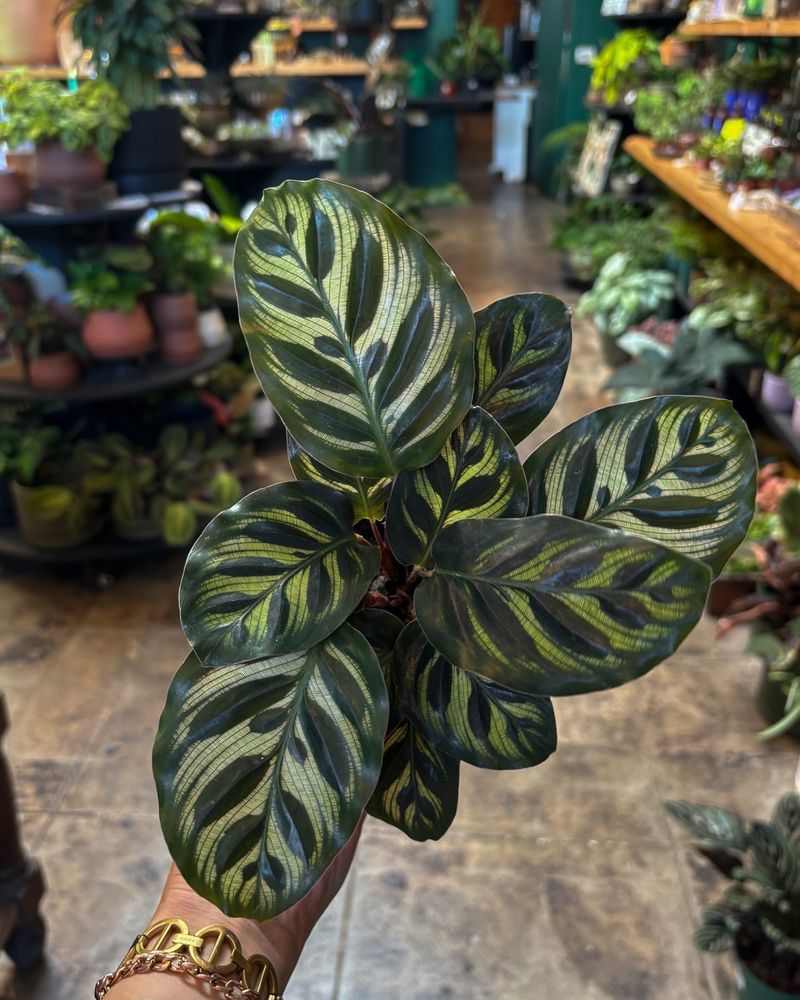
Calathea, often admired for its striking leaf patterns, is a plant with a bit of an attitude. Tap water is not its friend, as the minerals can cause unsightly leaf spots.
Filtered or distilled water is ideal for this beauty, ensuring those stunning patterns remain unmarred.
Calatheas also enjoy humidity, so consider placing them in a bathroom or using a pebble tray. With these conditions met, your Calathea will be the star of your indoor garden.
5. Orchid
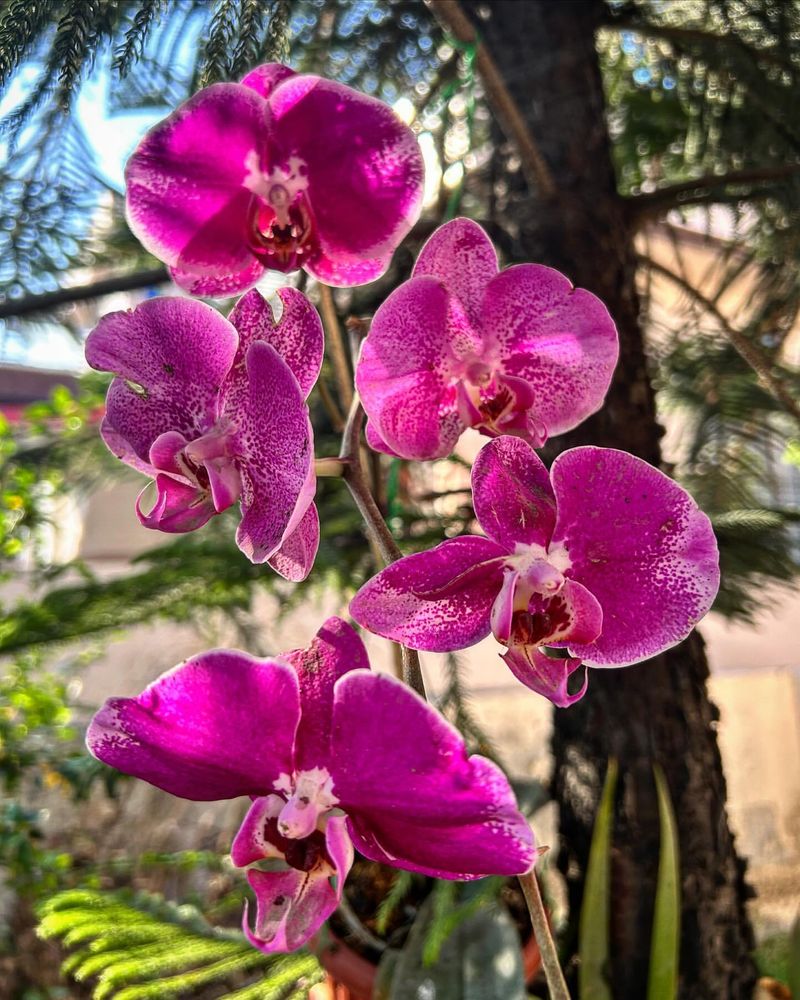
Orchids, with their exquisite blooms, require a bit of a pampering routine. Tap water, laden with chemicals, can be harsh on their sensitive roots.
Rainwater or distilled water is recommended to keep them flourishing.
These tropical plants thrive in humid environments, so adding a humidity tray can be beneficial. With patience and care, your Orchids will reward you with stunning, long-lasting flowers.
6. Dracaena
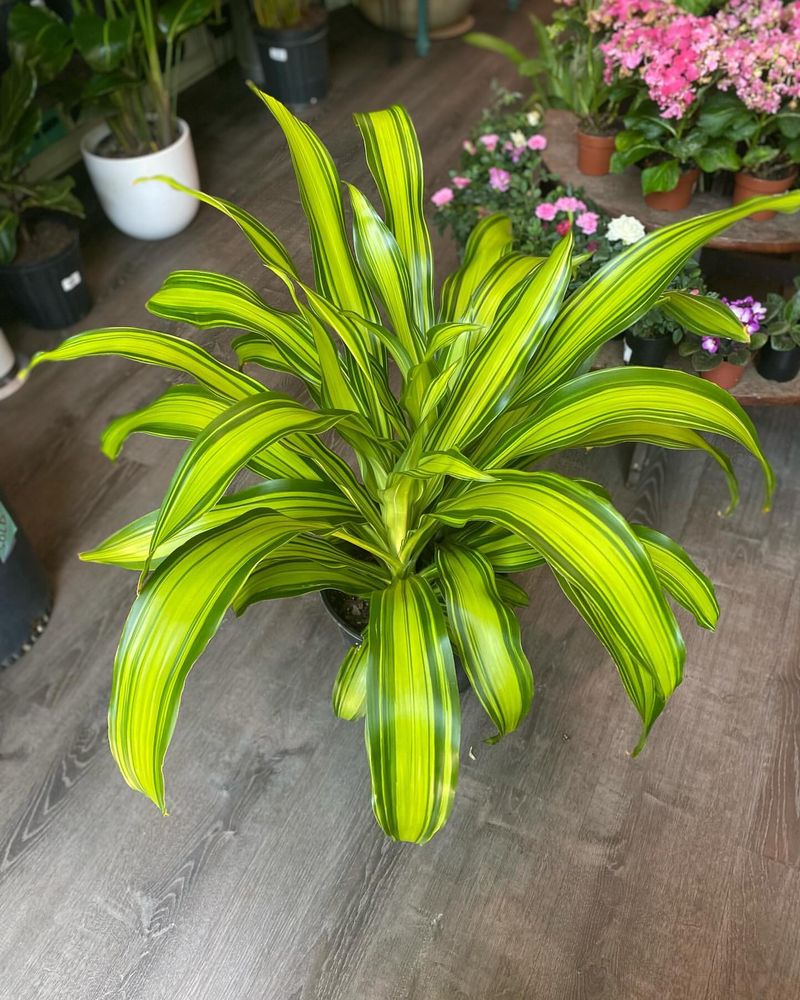
Dracaena plants, known for their architectural beauty, have a reputation for being sensitive to fluoride found in tap water. This can lead to brown leaf tips and edges.
Switching to distilled or filtered water helps maintain their appearance.
Place them in bright, indirect light and keep the soil lightly moist, and they’ll continue to be a stylish addition to your home.
7. Fiddle Leaf Fig

The Fiddle Leaf Fig, famous for its large, vibrant leaves, commands attention in any space. However, it doesn’t appreciate the chemicals in tap water, which can stunt its growth.
Opt for filtered or distilled water to keep its leaves lush and glossy.
Position your Fiddle Leaf Fig in bright, indirect sunlight and water it sparingly. With the right care, this plant will become a statement piece in your home.
8. Maidenhair Fern
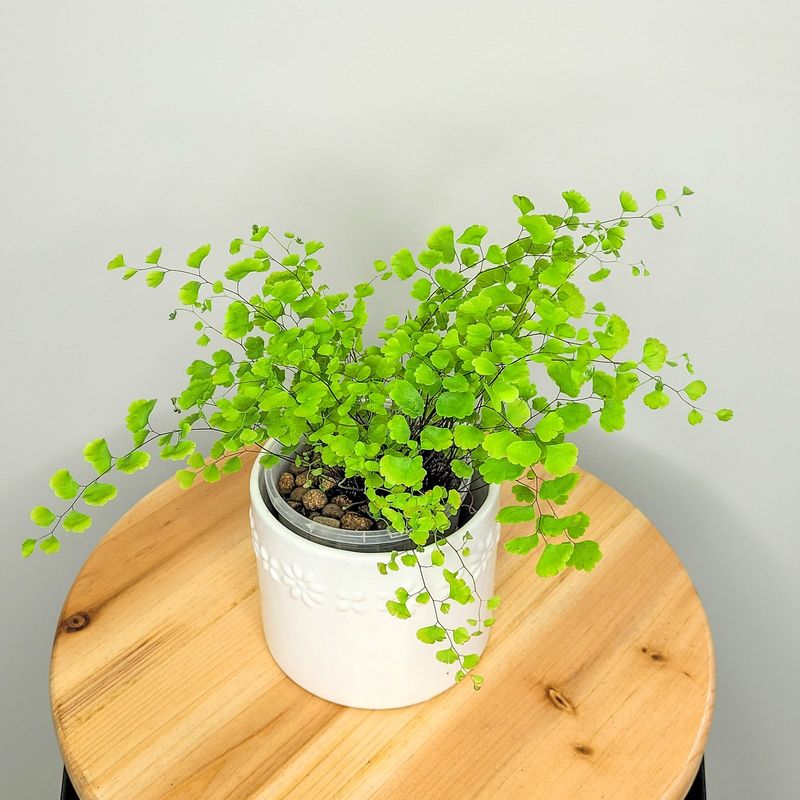
Maidenhair Ferns, with their delicate, fan-like fronds, are a joy to behold. But these beauties are sensitive to tap water, which can cause their leaves to dry out.
Distilled water is a better choice to maintain their lush appearance.
They thrive in humid conditions and prefer indirect light, making them perfect for a bathroom setting. With the right environment, they’ll grace your home with their ethereal beauty.
9. Philodendron
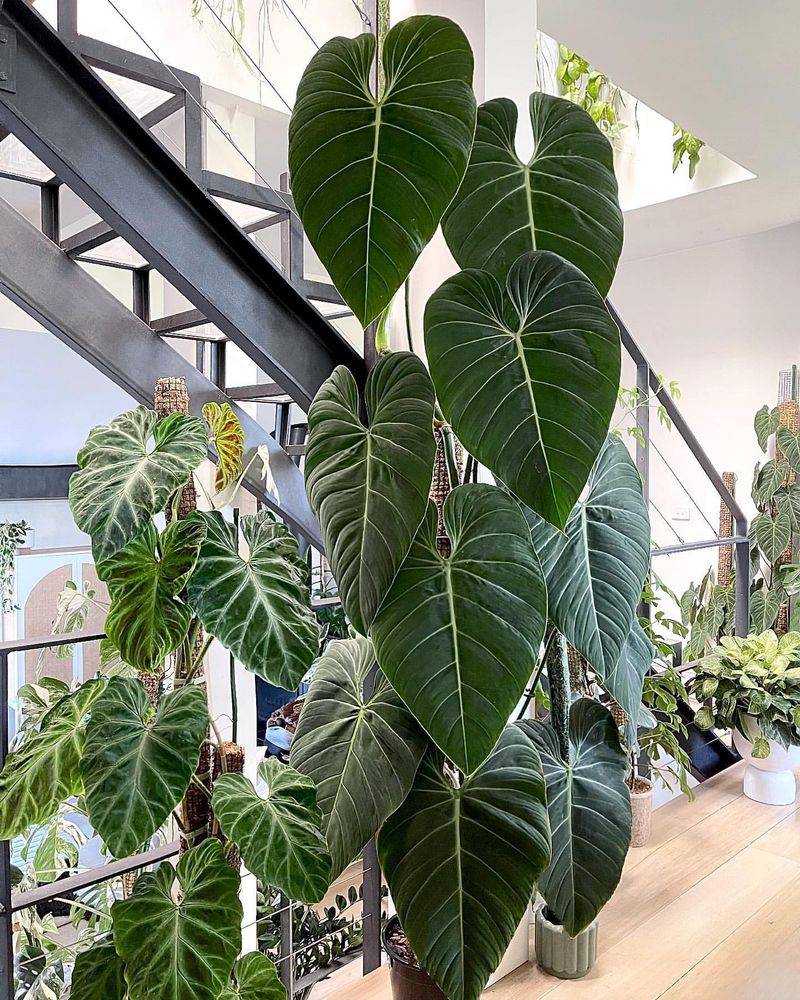
Philodendrons, admired for their heart-shaped leaves, are robust yet sensitive to tap water. The minerals and chlorine can lead to leaf discoloration.
Filtered or rainwater is a better option for these plants.
Provide them with indirect sunlight and lightly moist soil, and they’ll grow vigorously, adding a touch of jungle vibes to your space.
10. Bromeliad
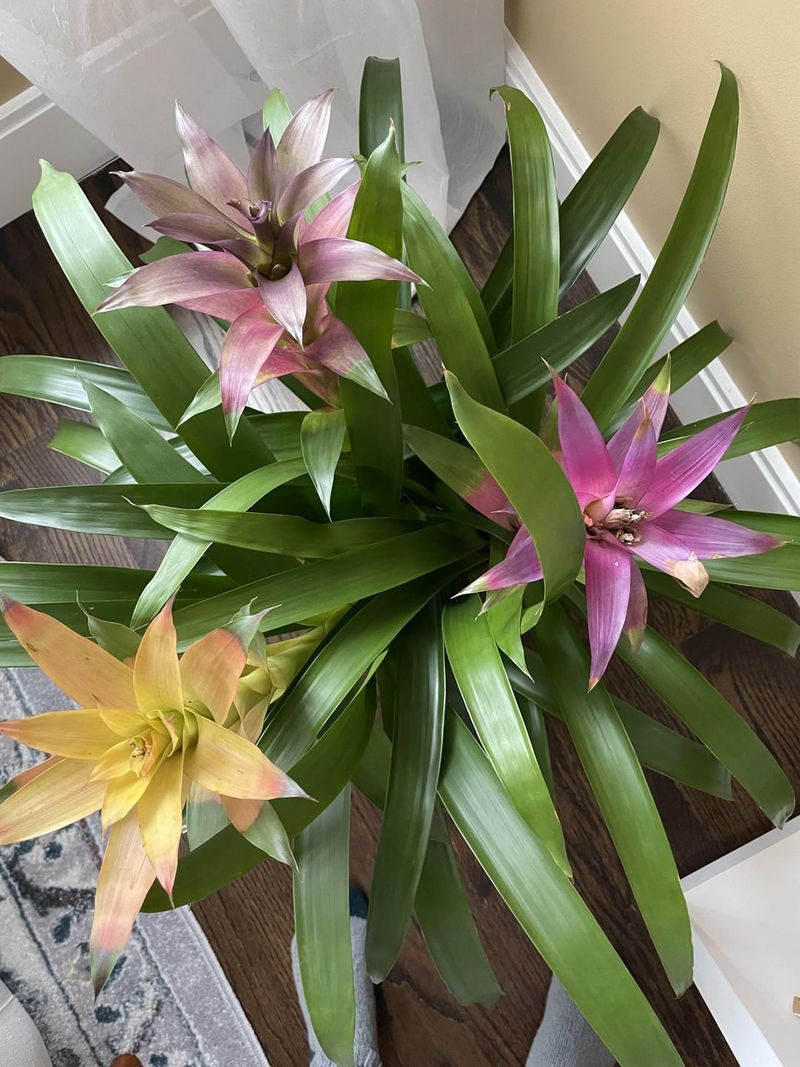
Bromeliads, with their striking central rosettes, bring a splash of color indoors. However, the chemicals in tap water can be detrimental to their health.
Rainwater or distilled water helps maintain their vivid hues.
They thrive in bright, indirect light and appreciate a humid environment, so consider misting them regularly. With care, your Bromeliad will brighten up any room with its tropical flair.
11. Pothos
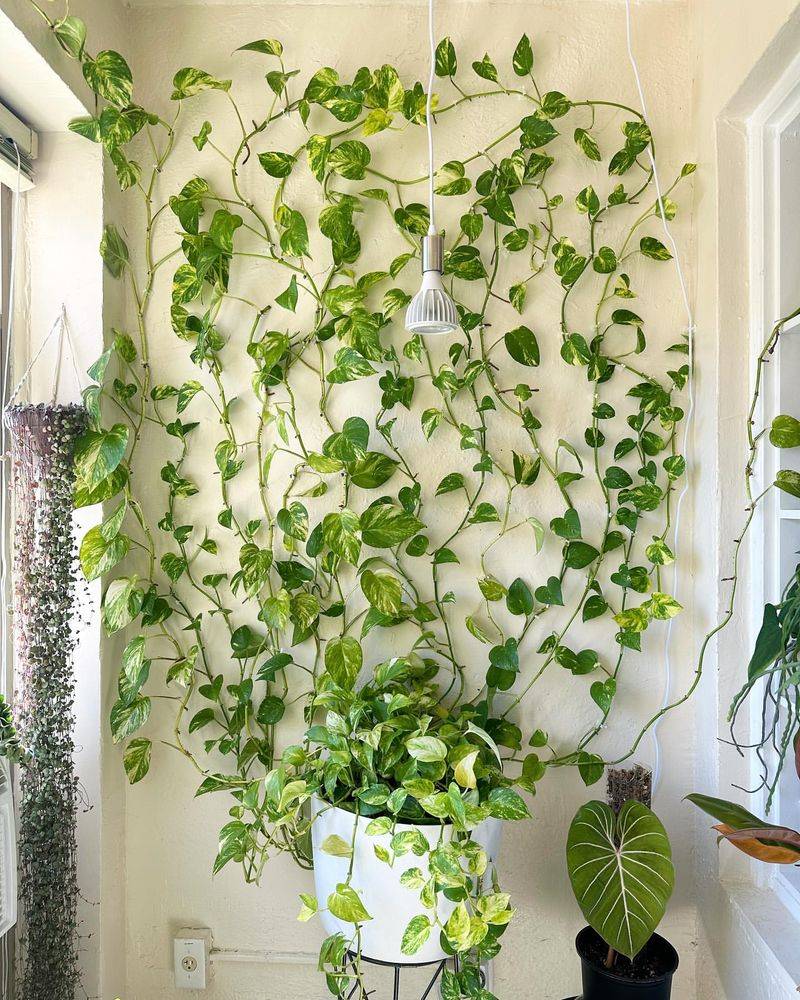
Pothos, known for its trailing vines and variegated leaves, is a hardy plant. But even this resilient greenery prefers filtered over tap water.
The minerals in tap water can cause leaf spotting and reduced growth.
Given the right conditions—indirect light and occasional watering—Pothos can thrive, cascading gracefully from shelves or hanging baskets.
12. Chinese Evergreen

Chinese Evergreens, with their silver-speckled foliage, are admired for their beauty and resilience. However, tap water can introduce fluoride, causing leaf browning.
Using distilled water helps keep their leaves pristine.
These plants are low-maintenance, preferring low to medium light and occasional watering. Under the right care, they’ll add elegance to any room.
13. Prayer Plant
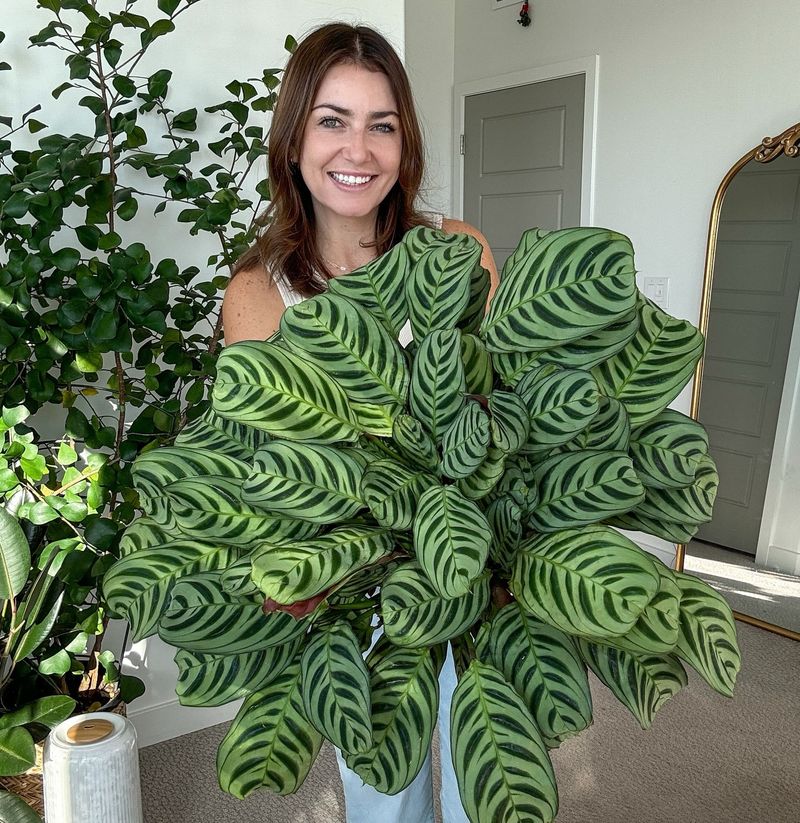
The Prayer Plant, famous for its moving leaves, is a captivating addition to any collection. Yet, it’s picky about its water—tap water minerals can cause brown tips.
Distilled or rainwater is preferred to maintain its health.
These plants enjoy high humidity and indirect light, making them ideal for a bathroom. When cared for properly, the Prayer Plant’s vibrant leaves will enchant you with their nightly dance.
14. Alocasia
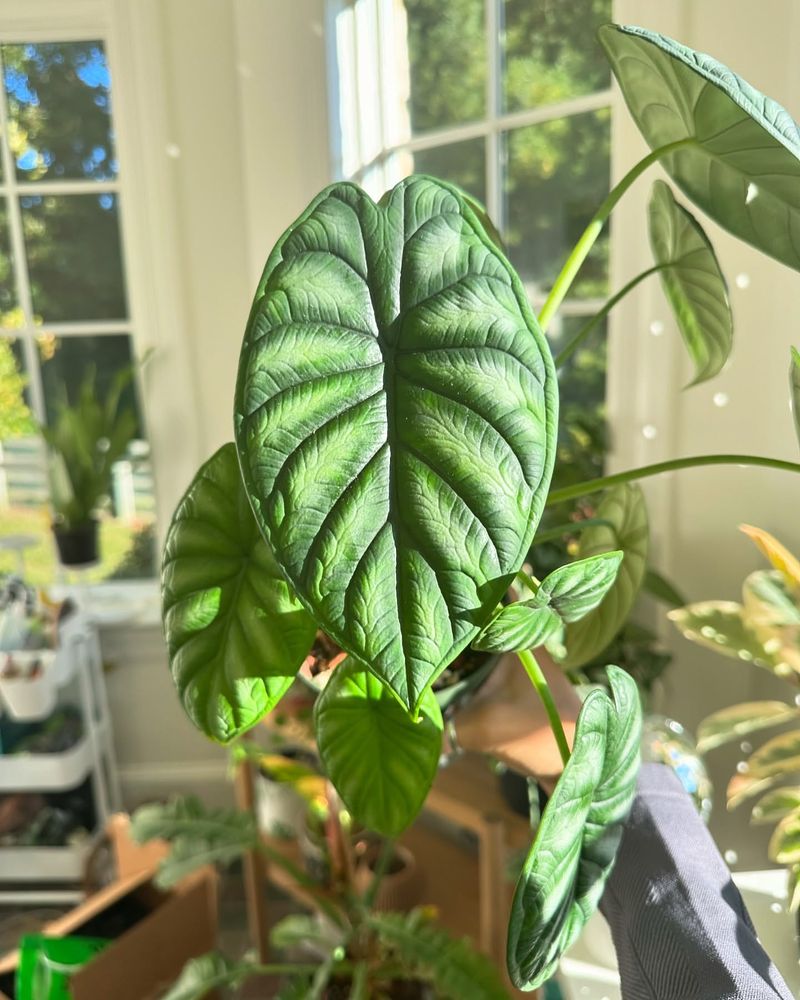
Alocasia, with its striking, large leaves, is a dramatic plant that doesn’t tolerate tap water well. The chemicals can cause leaf damage.
Opt for filtered or rainwater to keep it healthy.
These plants love humidity and indirect light, so a pebble tray or humidifier can be beneficial. With the right conditions, your Alocasia will become a showstopper in any room.
15. Anthurium
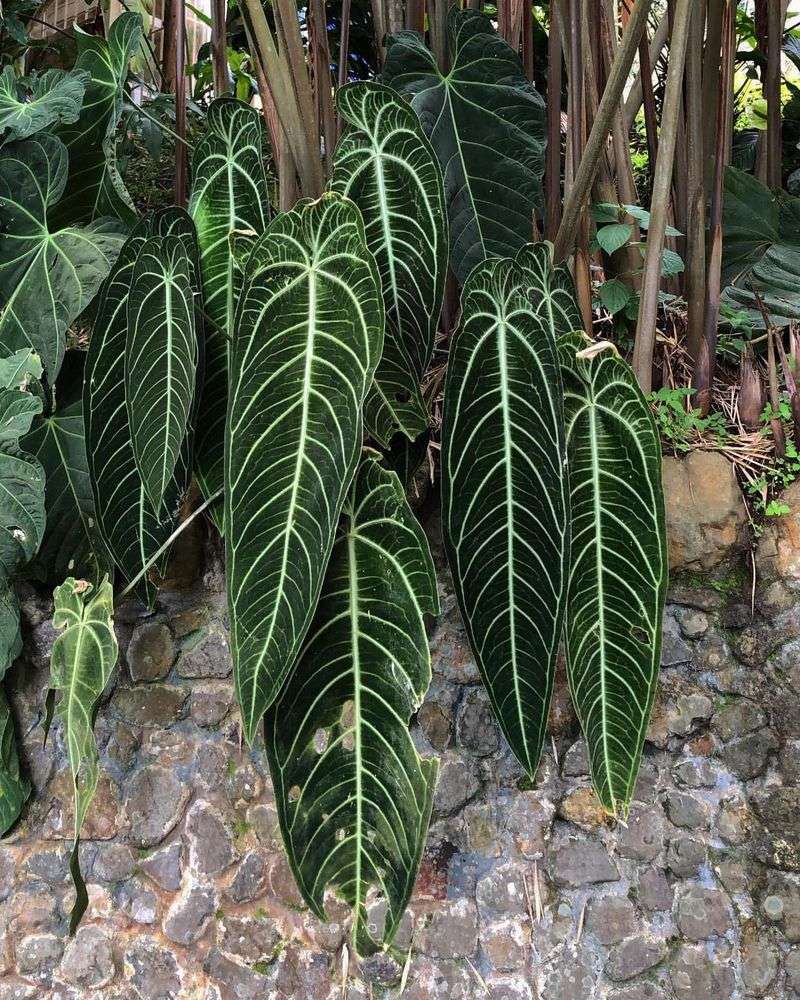
Anthuriums, known for their glossy leaves and vibrant flowers, prefer water without chemicals. Tap water can lead to mineral build-up and damage.
Distilled water is best for keeping these beauties in top condition.
They thrive in bright, indirect light and enjoy humidity, making them perfect for indoor gardens. Under optimal care, Anthuriums will reward you with continuous blooms and striking foliage.
16. Dieffenbachia
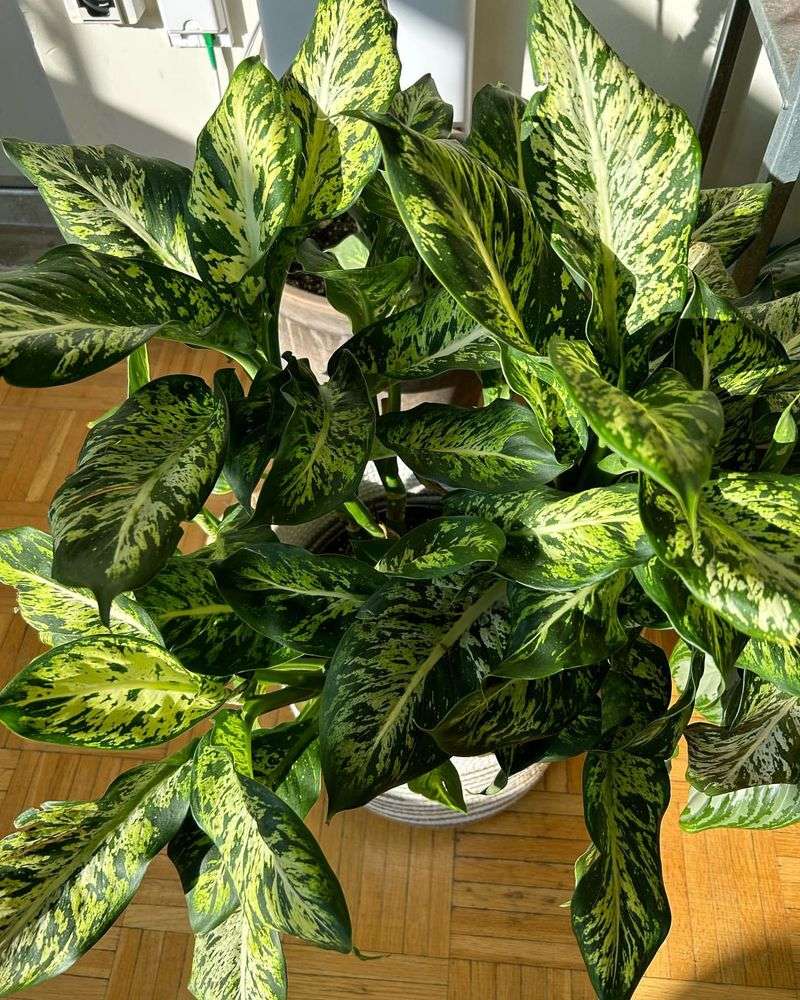
Dieffenbachias, with their bold, variegated leaves, add drama to any space. However, tap water’s chemicals can harm their foliage.
Switching to distilled or filtered water is advised.
They thrive in bright, indirect light and prefer consistent moisture, ensuring their leaves stay lush and vibrant. Treat them right, and they’ll be a stunning centerpiece in your home.
17. ZZ Plant
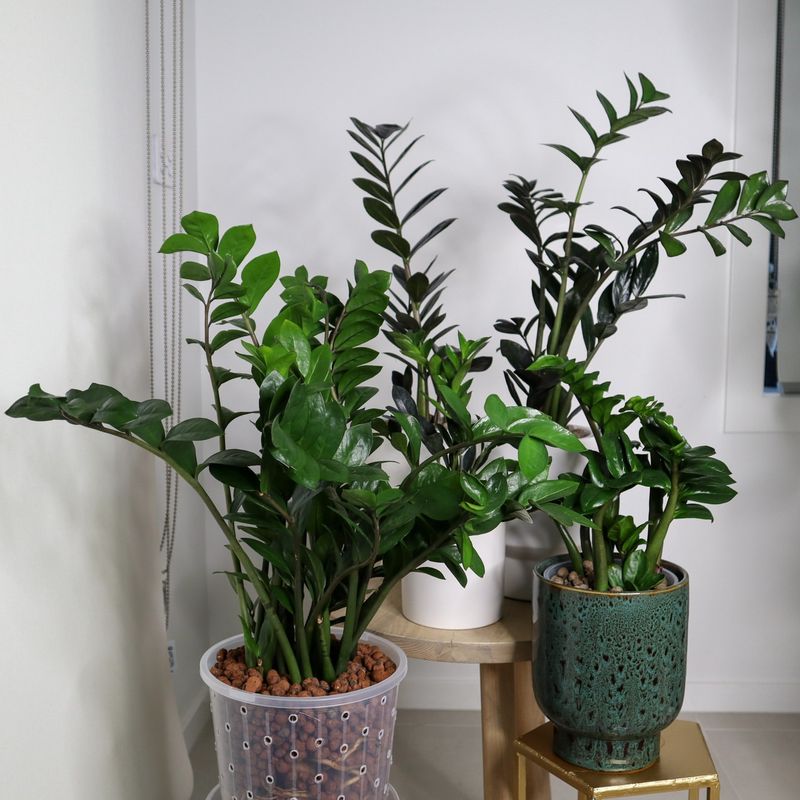
The ZZ Plant, famous for its thick, waxy leaves, is nearly indestructible but doesn’t like tap water. The chemicals can cause leaf yellowing.
Rainwater or filtered water is ideal for this tough plant.
It thrives in low to bright indirect light and requires little attention, making it perfect for busy plant enthusiasts. With minimal care, the ZZ Plant will be a resilient and attractive addition to your collection.
18. Snake Plant
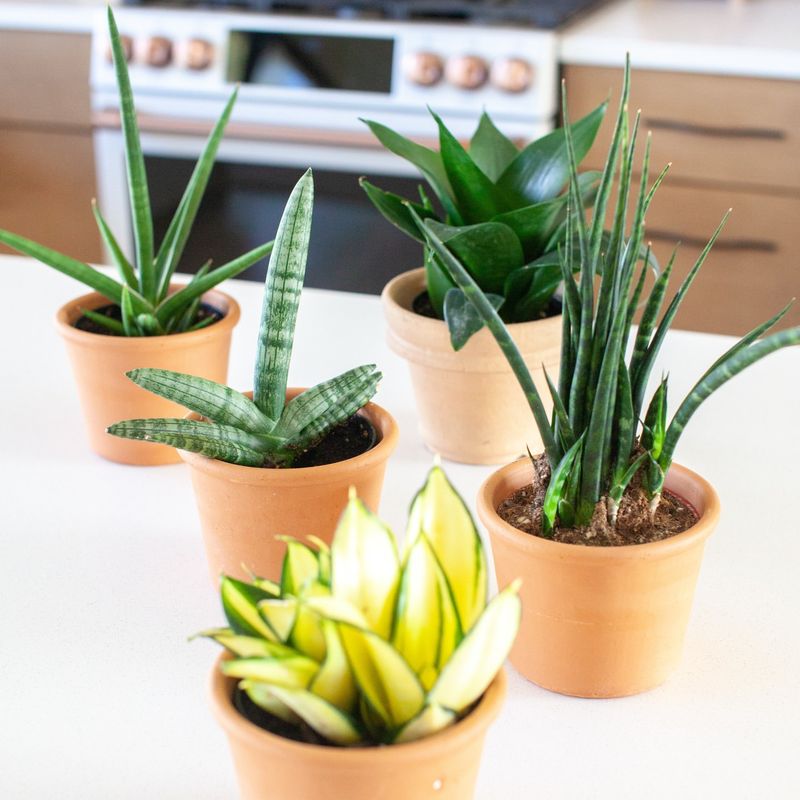
Snake Plants, with their tall, sword-like leaves, are a staple for any indoor plant collection. However, they’re sensitive to tap water’s chemicals, which can cause leaf damage.
Opt for distilled or rainwater to keep them healthy.
These hardy plants thrive in various light conditions and require minimal watering. Treat them well, and they’ll reward you with air purification and aesthetic appeal.
19. Rex Begonia
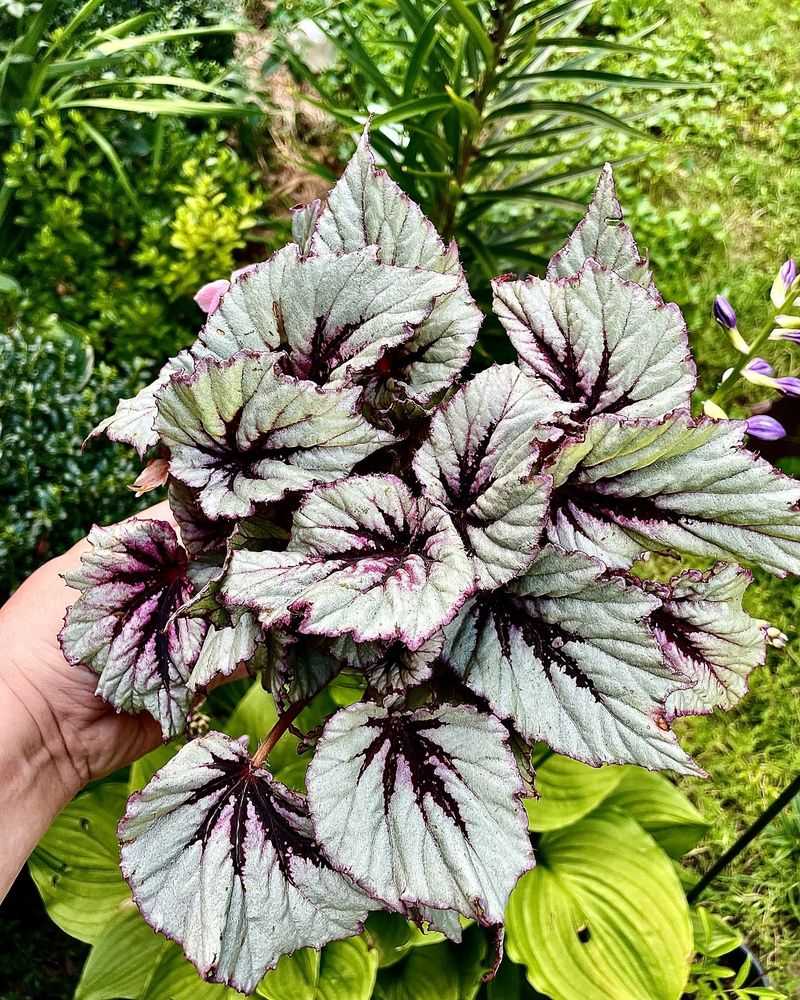
Rex Begonias, with their vibrant and textured leaves, are a feast for the eyes. Tap water, though, can tarnish their beauty by causing leaf spots.
Using filtered or distilled water is preferable.
They thrive in indirect light and enjoy consistent moisture, making them a bit demanding but worth the effort. With proper care, Rex Begonias will dazzle you with their stunning foliage.
20. African Violet
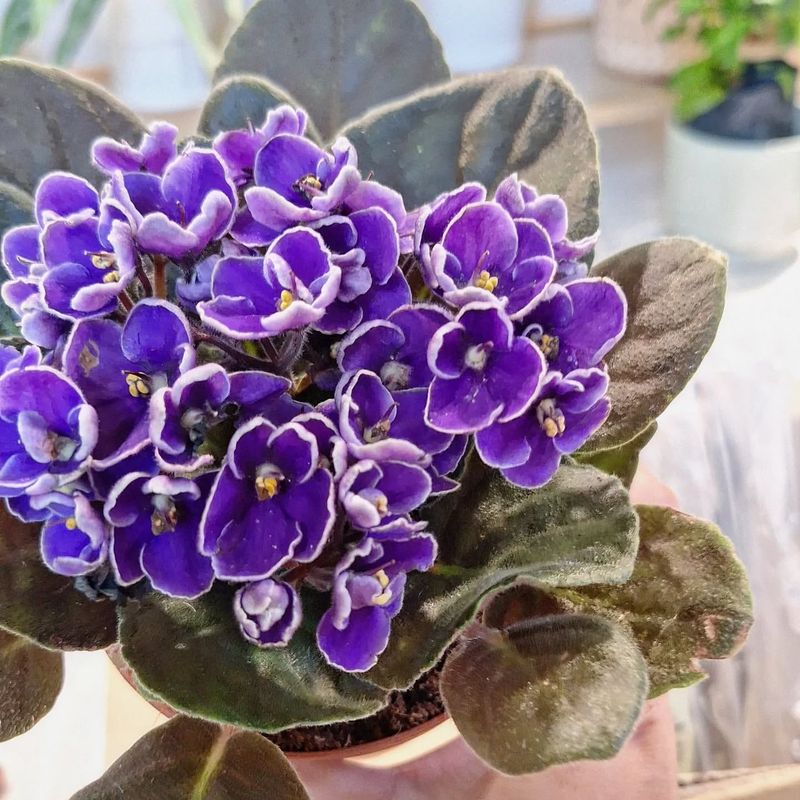
African Violets, with their fuzzy leaves and vibrant blooms, are beloved by many. Yet, tap water is a no-go, leading to leaf spotting and damage.
Distilled water is ideal to keep them flourishing.
They prefer bright, indirect light and consistent moisture, rewarding you with continuous blossoms. With dedication, African Violets will brighten up your windowsill with their charming flowers.
21. Kentia Palm
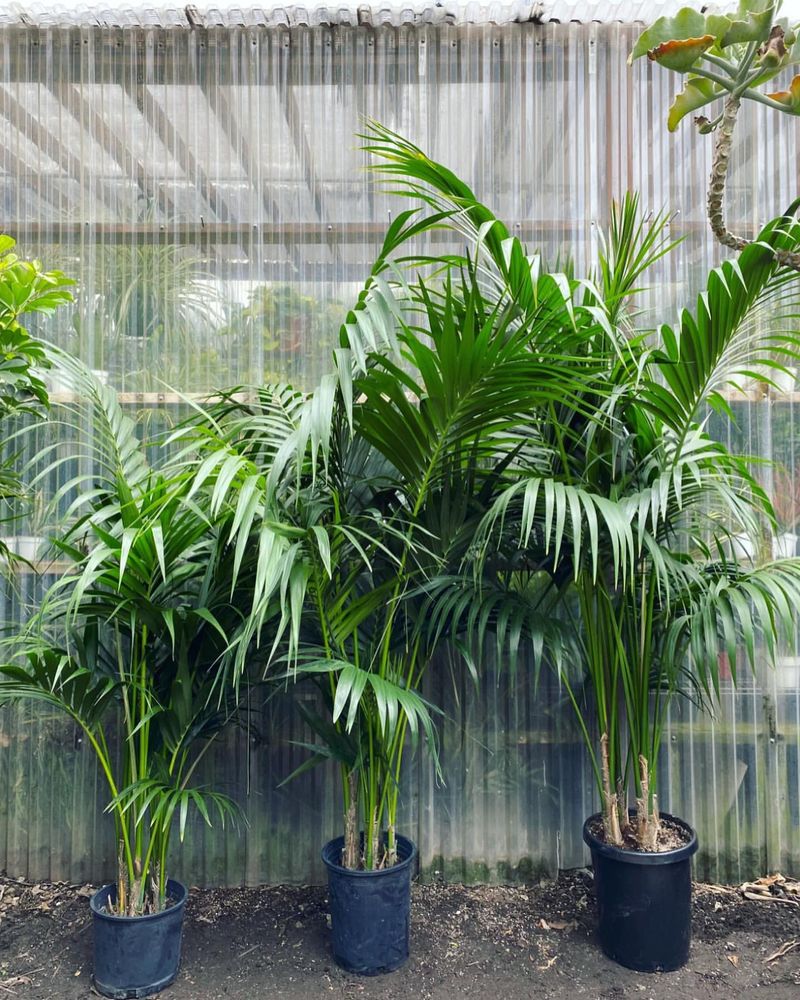
Kentia Palms, with their graceful fronds, add a touch of the tropics to your home. However, tap water can lead to brown leaf tips.
Filtered or distilled water is better for maintaining their elegance.
These palms thrive in indirect light and appreciate consistent humidity. With the proper care, they’ll transform your space into a lush, tropical paradise.
22. Venus Flytrap
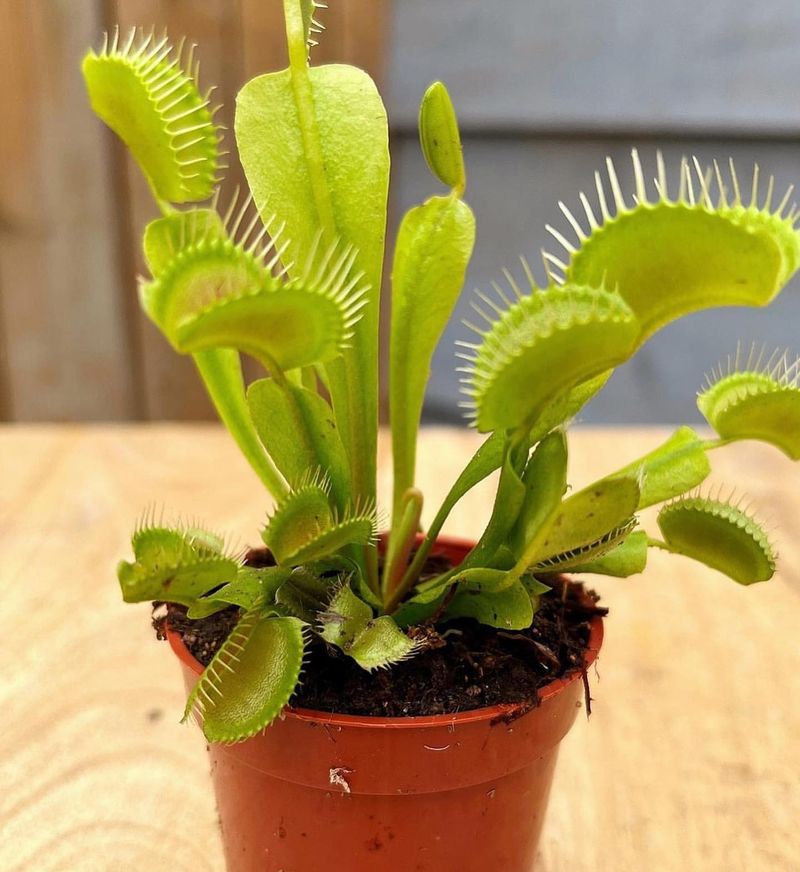
The Venus Flytrap, famous for its carnivorous traits, is a fascinating plant that despises tap water. The chemicals can prove deadly.
Rainwater or distilled water is essential for their survival.
They require bright light and high humidity, often thriving in terrariums. With careful attention, your Venus Flytrap will entertain you with its unique feeding habits.
23. Bird’s Nest Fern
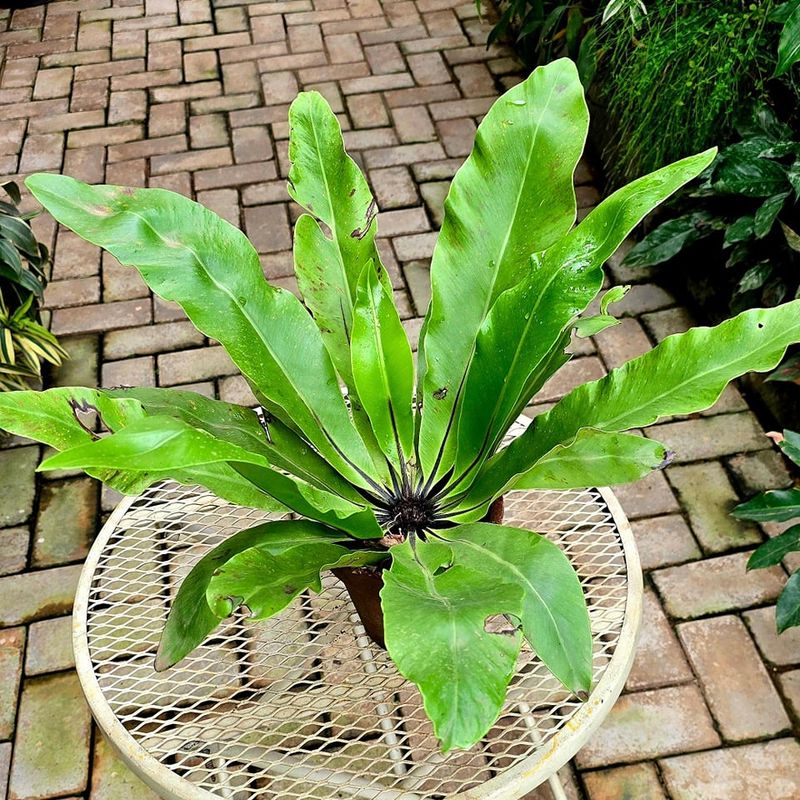
Bird’s Nest Ferns, known for their unique wavy fronds, prefer a gentle touch when it comes to watering. Tap water can lead to browning and poor health.
Distilled water is the recommended choice.
These ferns enjoy indirect light and high humidity, making them perfect for bathrooms. With the right environment, Bird’s Nest Ferns will thrive, adding texture and interest to your plant collection.
24. Jade Plant
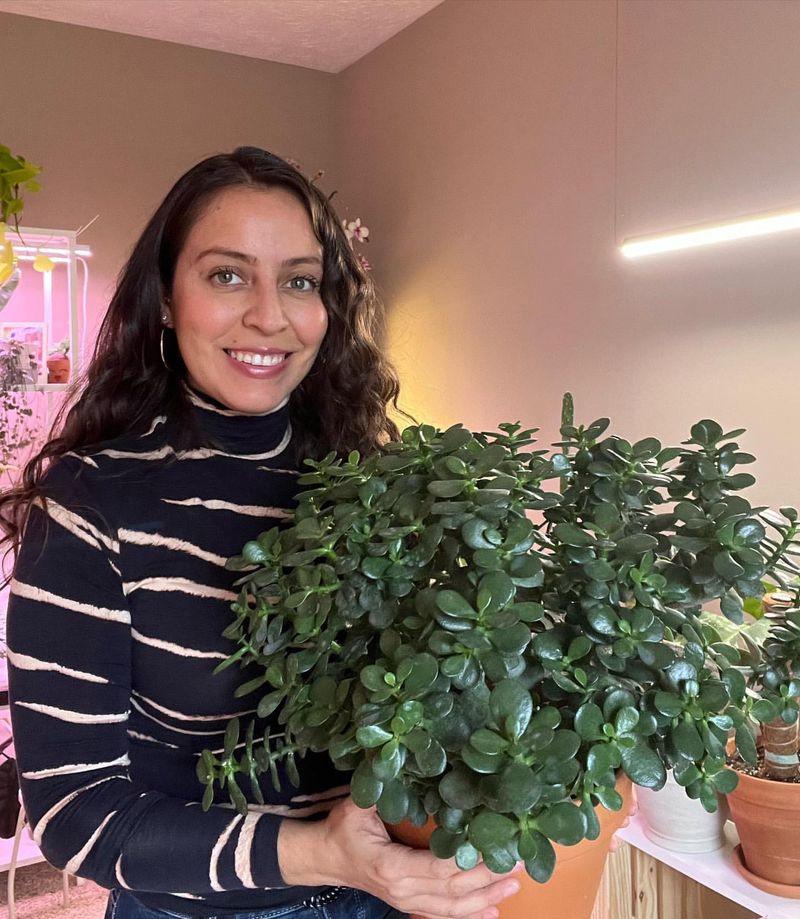
Jade Plants, with their thick, fleshy leaves, are symbols of prosperity. However, they’re not fond of tap water’s minerals, leading to salt build-up and leaf discoloration.
Filtered or distilled water is preferable.
They thrive in bright light and require infrequent watering, making them low-maintenance. With the right care, Jade Plants will reward you with their robust growth and timeless beauty.
25. Croton
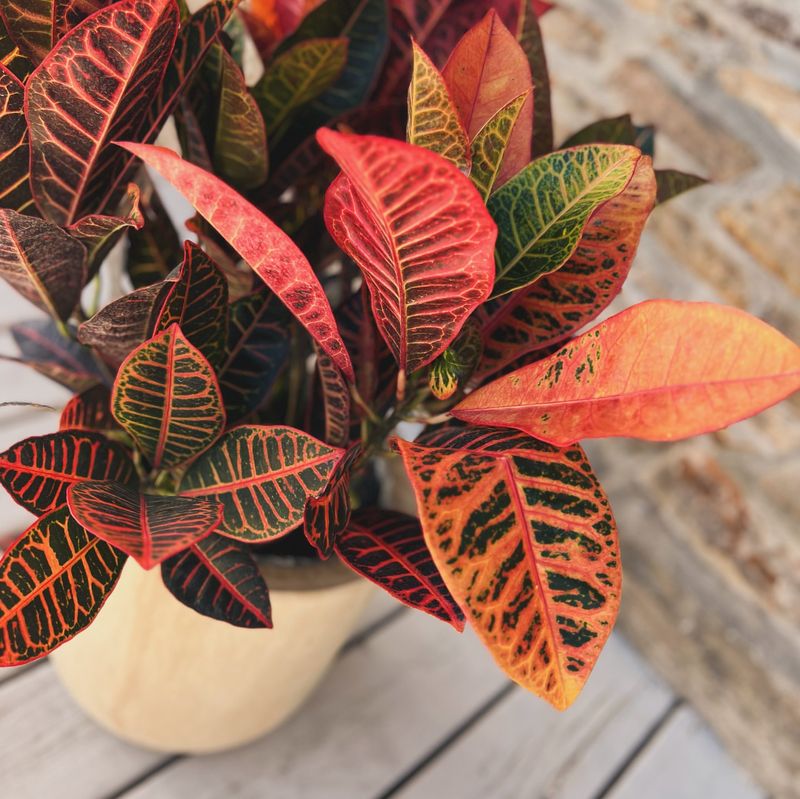
Crotons, with their vividly colored leaves, are a bold addition to any plant collection. Tap water’s chemicals can dull their colors, though.
Opt for filtered or rainwater to keep them vibrant.
They flourish in bright, indirect light and appreciate consistent moisture. With attentive care, Crotons will stand out with their dazzling array of colors, bringing life to any room.



